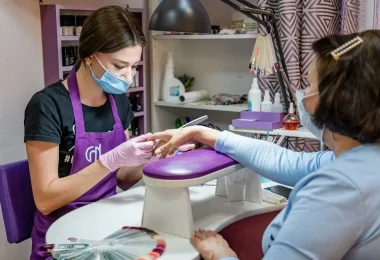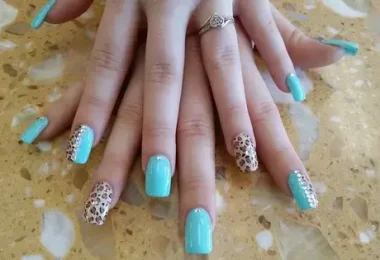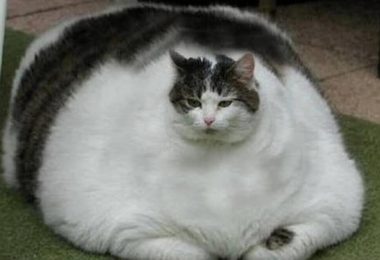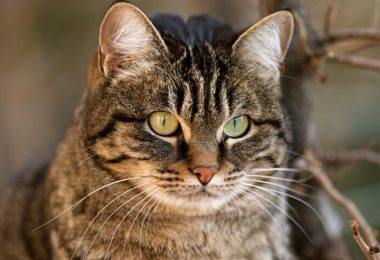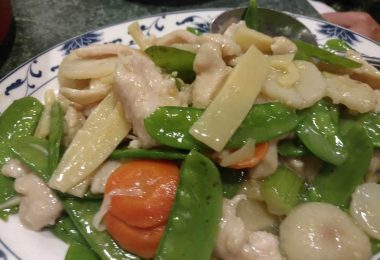
Introduction
Miniature Goldendoodle puppies are a delightful addition to any household. Their charming appearance and affectionate nature make them popular among dog lovers. In this article, we will explore everything you need to know about these lovable companions, from their characteristics to finding the perfect breeder and bringing them home.
Table of Contents
- Introduction
- Characteristics of Miniature Goldendoodle Puppies
- Choosing the Right Miniature Goldendoodle
- Training and Socialization
- Grooming and Maintenance
- Health Considerations
- Benefits of Owning a Miniature Goldendoodle
- Common Misconceptions
- Miniature Goldendoodle vs. Standard Goldendoodle
- Finding a Reputable Breeder
- Bringing Your Miniature Goldendoodle Home
- Bonding and Building Trust
- Exercise and Playtime
- Feeding and Nutrition
- Conclusion
- FAQs
Characteristics of Miniature Goldendoodle Puppies
Miniature Goldendoodles are a crossbreed between a Golden Retriever and a Miniature Poodle. They inherit the best traits from both breeds, resulting in a hypoallergenic coat, intelligence, and a friendly disposition. Their small size makes them suitable for various living environments.
Size and Appearance
These adorable puppies typically weigh between 15 to 35 pounds and stand 13 to 20 inches tall at the shoulder. They have a fluffy coat that can range in color from cream to apricot, with soft, wavy fur that requires regular grooming.
Temperament
Miniature Goldendoodles are known for their friendly and sociable nature. They are excellent companions for families, singles, and seniors alike. They are intelligent and eager to please, which makes them easy to train.
Choosing the Right Miniature Goldendoodle
When selecting a Miniature Goldendoodle, consider factors such as size, energy level, and compatibility with your lifestyle. It’s essential to choose a reputable breeder who prioritizes the health and well-being of the puppies.
Reputable Breeders
Look for breeders with a positive reputation, who provide a clean and nurturing environment for their dogs. They should be knowledgeable about the breed and conduct health screenings for their breeding dogs.
Training and Socialization
Miniature Goldendoodles thrive on mental stimulation and social interaction. Early training and socialization are crucial to ensure they grow into well-adjusted and obedient pets.
Basic Commands
Start with basic commands like sit, stay, and come. Use positive reinforcement techniques such as treats and praise to encourage good behavior.
Grooming and Maintenance
Regular grooming is essential to keep your Miniature Goldendoodle healthy and comfortable.
Brushing
Brush their coat at least once a week to prevent matting and tangles. This also helps distribute natural oils and keeps their fur shiny.
Health Considerations
Miniature Goldendoodles are generally healthy dogs, but they can be prone to certain genetic conditions.
Common Health Issues
Keep an eye out for issues like hip dysplasia, allergies, and progressive retinal atrophy. Regular check-ups with the vet can help catch and address any health concerns early.
Benefits of Owning a Miniature Goldendoodle
The joys of having a Miniature Goldendoodle extend far beyond their cute appearance.
Companionship
They offer unwavering loyalty and companionship, making them an integral part of your family.
Common Misconceptions
There are a few misconceptions about Miniature Goldendoodles that need to be addressed.
Allergies
While they are considered hypoallergenic, it’s essential to spend time with a Miniature Goldendoodle to ensure you don’t have an allergic reaction.
Miniature Goldendoodle vs. Standard Goldendoodle
Understanding the differences between these two varieties can help you make an informed decision.
Size
While Miniature Goldendoodles are smaller, standard Goldendoodles are larger and more suitable for families with ample space.
Finding a Reputable Breeder
A reputable breeder is the foundation of a healthy and happy Miniature Goldendoodle.
Questions to Ask
Ask about the breeder’s experience, the health history of the breeding dogs, and request references from previous buyers.
Bringing Your Miniature Goldendoodle Home
Preparing for your new furry family member is an exciting step.
Supplies Needed
Gather essentials like a bed, food and water bowls, toys, and grooming supplies.
Bonding and Building Trust
Creating a strong bond with your Miniature Goldendoodle is essential for a happy and harmonious relationship.
Spend Quality Time
Engage in activities like playtime, walks, and cuddling to build trust and strengthen your connection.
Exercise and Playtime
These energetic puppies thrive on regular exercise and mental stimulation.
Outdoor Activities
Take them for daily walks, engage in interactive play, and consider enrolling in agility or obedience classes.
Feeding and Nutrition
Providing a balanced diet is crucial for their overall health and well-being.
High-Quality Food
Opt for premium dog food that meets their nutritional needs and consult your vet for portion control.
Conclusion
Miniature Goldendoodle puppies are an excellent choice for families and individuals seeking a loving and intelligent companion. Their endearing qualities and adaptable nature make them a valuable addition to any home.
FAQs
- Are Miniature Goldendoodles good with children?
- Yes, they are known for their gentle and friendly disposition, making them great companions for kids.
- Do Miniature Goldendoodles shed?
- They have minimal shedding, which makes them a suitable choice for individuals with allergies.
- How much exercise do they need?
- They require regular exercise, including daily walks and playtime, to keep them mentally and physically stimulated.
- What is the average lifespan of a Miniature Goldendoodle?
- On average, they live between 10 to 15 years with proper care and a healthy lifestyle.
- Do they have any specific dietary requirements?
- It’s important to feed them high-quality dog food that meets their nutritional needs, but consult your vet for personalized recommendations.


